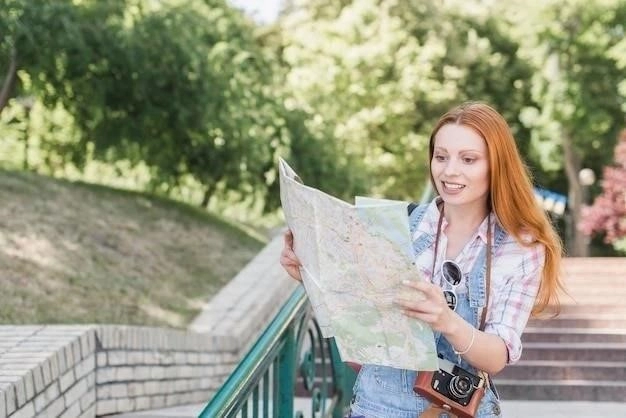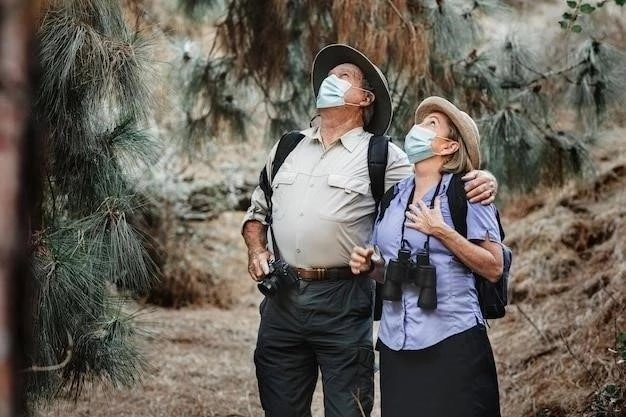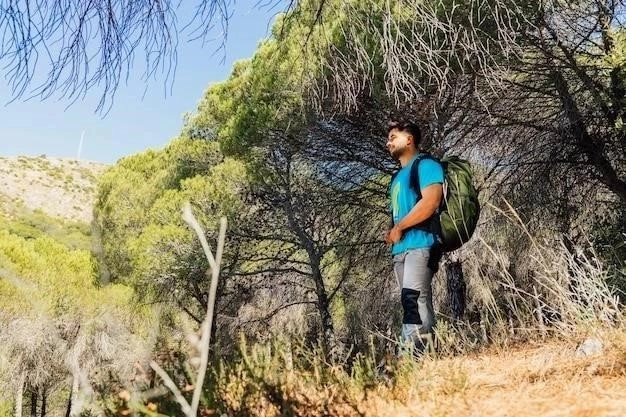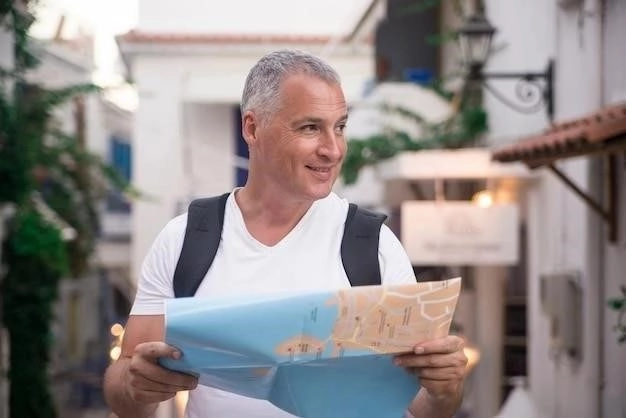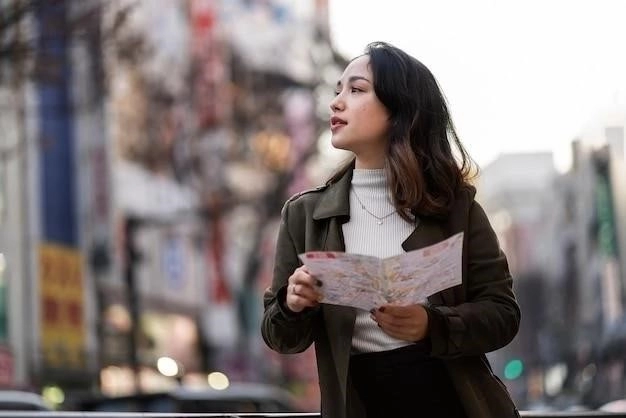Rolling down from the pine-clad massifs of the Balkan Mountains and the Rhodope ranges to meet the sparkling blues of the Black Sea, Bulgaria offers everything from sun-kissed beaches to enthralling historical narratives, buzzing party towns to snow-shrouded ski resorts between its borders.
Planning Your Trip
Embarking on a journey to Bulgaria requires meticulous planning to ensure a seamless and enriching travel experience. Before venturing to this captivating Balkan nation, discerning travelers are advised to consider several key aspects. Firstly, determining the optimal time to visit is paramount, as Bulgaria boasts distinct seasons, each offering a unique charm. Spring (April-May) and autumn (September-October) present pleasant weather and fewer crowds, ideal for exploring historical sites and indulging in outdoor pursuits. Summer (June-August) is perfect for sun-seekers drawn to Bulgaria’s alluring Black Sea Coast, while winter (December-March) beckons skiers and snowboarders to the country’s renowned mountain resorts.
Secondly, understanding the visa and entry requirements is crucial. Citizens of certain countries may enter Bulgaria visa-free for a limited period, while others need to obtain a visa beforehand. It is essential to verify the specific requirements based on one’s nationality well in advance. Additionally, ensuring the validity of passports and securing travel insurance that covers medical expenses, trip cancellations, and other unforeseen events is highly recommended.
Furthermore, familiarizing oneself with the local currency (Bulgarian Lev) and exchange rates is advisable. ATMs are widely available in urban areas, but carrying some cash for smaller establishments and rural regions is prudent. Finally, packing appropriate clothing and footwear suitable for the chosen season and planned activities will enhance comfort and convenience throughout the trip. By addressing these essential planning aspects, travelers can embark on their Bulgarian adventure with confidence and anticipation.
Best Time to Visit
Bulgaria, with its diverse landscapes and continental climate, offers distinct experiences throughout the year. The optimal time to visit depends largely on individual preferences and desired activities. For those seeking pleasant weather and fewer crowds, spring (April-May) and autumn (September-October) are ideal. During these shoulder seasons, temperatures are mild, making it comfortable to explore historical sites, wander through charming towns, and enjoy scenic hikes. Spring treats visitors to a vibrant display of wildflowers, while autumn paints the countryside in hues of gold and crimson.
Summer (June-August) is peak tourist season, particularly along Bulgaria’s Black Sea Coast. Sunny days and warm waters beckon beachgoers, while numerous festivals and events add to the lively atmosphere. However, expect higher prices and more crowds during this time. Winter (December-March) transforms Bulgaria into a winter wonderland, with snow-covered peaks attracting skiers and snowboarders to renowned resorts like Bansko and Pamporovo. The festive season also brings Christmas markets and traditional celebrations, adding a magical touch to the Bulgarian winter.
Visas & Entry Requirements
Prior to embarking on a journey to Bulgaria, it is of paramount importance to ensure compliance with the country’s visa and entry regulations. Bulgaria, a member of the European Union, adheres to the Schengen Area agreement. Citizens of other Schengen countries enjoy unrestricted travel and can enter Bulgaria with a valid national identity card. Visitors from EU countries outside the Schengen Area can also enter with their national ID cards.
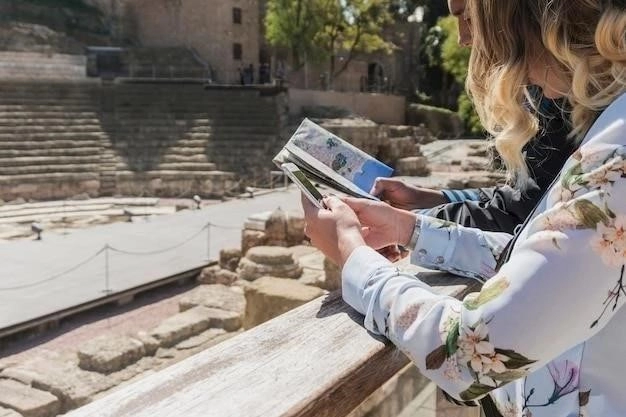
Nationals of certain countries outside the EU are granted visa-free entry for a predetermined period, typically 90 days within a 180-day timeframe. However, it is crucial to verify the specific visa exemption policies applicable to one’s nationality, as these are subject to change. For those requiring a visa, applications should be submitted well in advance of the intended travel dates. The Bulgarian Ministry of Foreign Affairs provides comprehensive information regarding visa requirements and application procedures. Additionally, travelers must possess a passport valid for at least six months beyond their intended stay in Bulgaria.
Getting Around Bulgaria
Navigating Bulgaria’s diverse landscapes is relatively straightforward, thanks to a well-developed transportation network encompassing air, rail, and road options. For those seeking expediency, domestic flights connect major cities like Sofia, Plovdiv, Varna, and Burgas, offering a convenient way to cover long distances. The national airline, Bulgaria Air, operates regular flights, while budget carriers provide competitive fares.
Bulgaria’s railway system, though not as extensive as in some other European countries, connects major cities and towns, offering a scenic and affordable means of travel. Trains vary in comfort and speed, with express services providing a faster option for longer routes. For shorter journeys and reaching remote areas, buses are a reliable and frequent mode of transport. Numerous bus companies operate throughout the country, with comfortable coaches and varying price points. Renting a car provides flexibility for independent travelers, allowing them to explore at their own pace and reach off-the-beaten-path destinations. However, road conditions can vary, and driving in urban areas can be challenging.
Accommodation
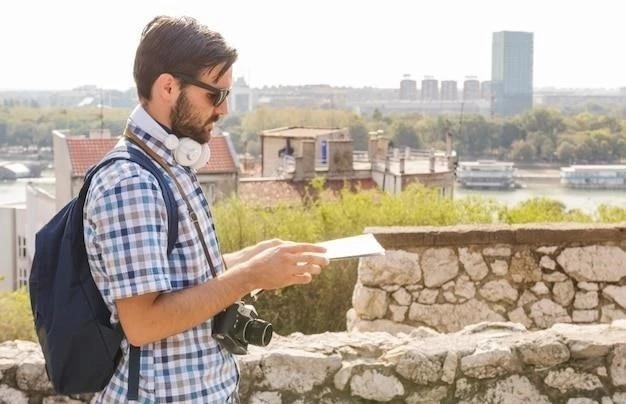
Bulgaria offers a diverse range of accommodation options to suit all budgets and preferences, from luxurious hotels to cozy guesthouses and budget-friendly hostels. In major cities like Sofia, Plovdiv, and Varna, travelers can find a wide selection of international hotel chains and boutique hotels, providing comfortable and stylish lodging options. These establishments often feature modern amenities, including restaurants, bars, fitness centers, and spas, ensuring a pleasant and convenient stay.
For those seeking a more authentic Bulgarian experience, guesthouses (kashti) offer a charming and intimate alternative. These family-run establishments provide a glimpse into local life and often serve traditional homemade meals. In rural areas and mountain resorts, guesthouses are particularly prevalent, offering a cozy retreat amidst picturesque surroundings. Budget-minded travelers will find hostels a cost-effective option, particularly in popular tourist destinations. These communal accommodations provide basic amenities, shared dormitories or private rooms, and a sociable atmosphere for meeting fellow adventurers.
Food & Drink
Bulgarian cuisine, a delightful fusion of Balkan, Mediterranean, and Middle Eastern influences, offers a tantalizing array of flavors and aromas to satisfy every palate. Fresh, locally sourced ingredients form the foundation of Bulgarian culinary traditions, resulting in dishes that are both hearty and flavorful. A staple of Bulgarian tables is “shopska salad,” a refreshing combination of diced tomatoes, cucumbers, onions, and peppers, topped with crumbled white cheese.
Meat lovers will relish traditional dishes such as “kavarma,” a slow-cooked stew with meat, vegetables, and herbs, or “kyufteta,” flavorful grilled meatballs often served with a side of “lyutenitsa,” a spicy tomato and pepper relish. Vegetarian options abound, with lentil soup, stuffed peppers, and a variety of savory pastries readily available. To accompany the delectable cuisine, Bulgaria boasts a rich tradition of winemaking. From robust reds to crisp whites and refreshing rosés, Bulgarian wines have gained international recognition for their quality and value.
Things to Do in Bulgaria
Bulgaria, a land of captivating history, diverse culture, and breathtaking natural beauty, offers a plethora of experiences to enchant every traveler. History enthusiasts will be captivated by the ancient ruins, medieval fortresses, and grand monasteries that dot the countryside. A visit to Sofia, the vibrant capital city, unveils architectural marvels such as the Alexander Nevsky Cathedral, a symbol of Bulgarian national revival, and the Boyana Church, adorned with exquisite medieval frescoes. Plovdiv, one of the oldest continuously inhabited cities in Europe, boasts a remarkably preserved Roman amphitheater and a charming Old Town with colorful houses and cobblestone streets.
For nature lovers, Bulgaria’s mountainous terrain and scenic coastline provide ample opportunities for outdoor adventures. The Rila Mountains, home to the iconic Rila Monastery, offer challenging hikes amidst towering peaks and glacial lakes. The Black Sea Coast beckons with sandy beaches, charming seaside towns, and opportunities for water sports. Whether exploring ancient history, immersing oneself in vibrant culture, or embracing the natural splendor, Bulgaria promises an unforgettable journey of discovery.
Sofia: The Capital City
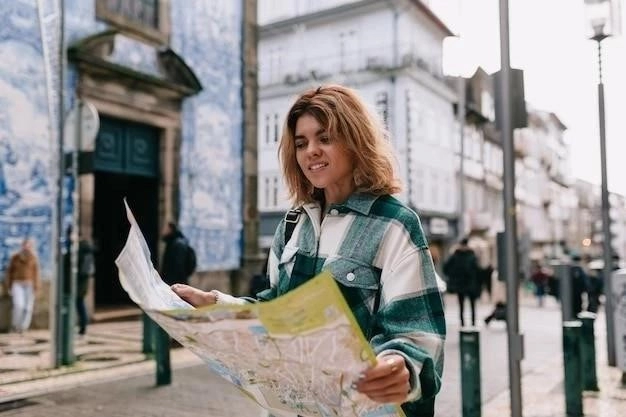
Nestled at the foot of the majestic Vitosha Mountain, Sofia, the captivating capital of Bulgaria, seamlessly blends ancient history with modern dynamism. As one of Europe’s oldest cities, Sofia’s rich tapestry of civilizations is evident in its architectural marvels, each whispering tales of bygone eras. A stroll through the city center unveils a captivating juxtaposition of Roman ruins, Ottoman-era mosques, and grand Neoclassical buildings.
The iconic Alexander Nevsky Cathedral, with its gleaming gold domes, stands as a testament to Bulgaria’s liberation from Ottoman rule and is a must-visit for its sheer grandeur and intricate interior. Delving into Sofia’s historical heart, visitors can explore the ancient Roman city of Serdica, where well-preserved ruins, including a public bath complex, offer a glimpse into the city’s Roman past. The Boyana Church, a UNESCO World Heritage site, captivates with its exquisitely preserved 13th-century frescoes, considered masterpieces of medieval art.

Plovdiv: Ancient History & Culture
Plovdiv, often hailed as Bulgaria’s cultural gem, is a captivating city where millennia of history intertwine seamlessly with a vibrant contemporary spirit. As one of Europe’s oldest continuously inhabited cities, Plovdiv’s legacy spans Thracian, Roman, Byzantine, and Ottoman empires, each leaving an indelible mark on its urban fabric. The city’s iconic Ancient Theater, dating back to the 2nd century AD, is a testament to its Roman heritage and remains a captivating venue for open-air performances.
Wandering through Plovdiv’s enchanting Old Town, visitors are transported back in time as they meander through cobblestone streets lined with colorful 19th-century houses, many now transformed into charming museums, art galleries, and boutique hotels. The Ethnographic Museum, housed in a beautifully preserved merchant’s house, offers insights into traditional Bulgarian life, while the Zlatyu Boyadzhiev Gallery showcases the works of one of Bulgaria’s most celebrated artists.
Veliko Tarnovo: Medieval Majesty
Perched majestically upon three hills overlooking the meandering Yantra River, Veliko Tarnovo, the former capital of the Second Bulgarian Empire, exudes an aura of medieval grandeur and historical significance. Its strategic location and imposing fortifications once made it an impregnable fortress, and today, the city’s well-preserved architectural treasures transport visitors back to its era of imperial glory.
Dominating the cityscape is the imposing Tsarevets Fortress, a sprawling complex of palaces, churches, and towers that once served as the seat of Bulgarian emperors. A leisurely stroll through its cobblestone streets and ramparts unveils breathtaking panoramic views of the city and surrounding countryside. Within the fortress walls lies the Patriarchal Church of the Holy Ascension of God, a magnificent structure adorned with intricate frescoes and intricate stone carvings.
Rila Monastery: A Spiritual Retreat
Nestled amidst the towering peaks and verdant forests of the Rila Mountains, the Rila Monastery stands as a beacon of Bulgarian spirituality and architectural grandeur. Founded in the 10th century by the hermit Saint John of Rila, the monastery has served as a center of Orthodox Christian faith and cultural preservation for over a millennium. Its remote location and breathtaking natural surroundings create an aura of serenity and tranquility, attracting pilgrims and visitors seeking solace and inspiration.
At the heart of the monastery complex lies the Church of the Nativity of the Virgin, a masterpiece of Bulgarian Renaissance architecture. Its colorful exterior, adorned with intricate frescoes, and its lavishly decorated interior, featuring a magnificent iconostasis and countless biblical scenes, leave visitors in awe. Surrounding the church are residential buildings, a library housing ancient manuscripts, and a museum showcasing the monastery’s rich history and treasures.
Bulgarian Black Sea Coast
Stretching along the southeastern edge of Bulgaria, the Black Sea Coast unfolds as a captivating tapestry of golden beaches, charming seaside towns, and vibrant resorts. From lively Sunny Beach, renowned for its vibrant nightlife and expansive sandy shores, to the historic charm of Nessebar, a UNESCO World Heritage site with ancient ruins and cobblestone streets, the coast offers a diverse range of experiences for every taste.
For those seeking relaxation and rejuvenation, the coastal towns of Sozopol and Balchik offer tranquil beaches, picturesque harbors, and a slower pace of life. Nature enthusiasts can explore the scenic beauty of Cape Kaliakra, a nature reserve with dramatic cliffs and stunning sea views, or venture to the secluded beaches and pristine waters of Irakli and Smokinya. Whether indulging in sun-drenched relaxation, immersing oneself in history and culture, or embracing the vibrant energy of coastal life, the Bulgarian Black Sea Coast promises an unforgettable seaside escape.
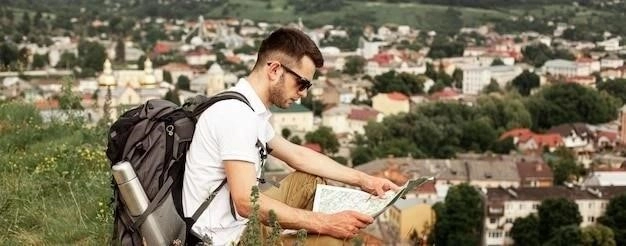
Pirin National Park: Hiking & Nature
A paradise for nature enthusiasts and outdoor adventurers, Pirin National Park, a UNESCO World Heritage site, showcases the awe-inspiring beauty of Bulgaria’s highest mountain range. Jagged peaks, sculpted by millennia of glacial activity, pierce the sky, while pristine glacial lakes shimmer amidst verdant valleys, creating a breathtaking tapestry of alpine splendor.
Well-marked hiking trails crisscross the park, catering to all levels of experience, from leisurely walks amidst fragrant pine forests to challenging ascents to towering summits. The iconic Pirin marble, renowned for its purity and brilliance, adorns the slopes, adding a touch of ethereal beauty to the landscape. The park is home to a rich diversity of flora and fauna, including brown bears, wolves, and golden eagles, making it a haven for wildlife enthusiasts. Whether embarking on a multi-day trek or enjoying a leisurely stroll amidst nature’s grandeur, Pirin National Park promises an unforgettable immersion in Bulgaria’s wild beauty.
Bulgarian Cuisine & Wine
A delightful fusion of Balkan heartiness, Mediterranean freshness, and Middle Eastern spices, Bulgarian cuisine offers a symphony of flavors to tantalize every palate. Fresh, locally sourced ingredients form the foundation of Bulgarian culinary traditions, resulting in dishes that are both comforting and invigorating. A staple of any Bulgarian table is “shopska salad,” a refreshing medley of diced tomatoes, cucumbers, onions, peppers, and topped with crumbled white cheese, a testament to the country’s love for fresh produce.
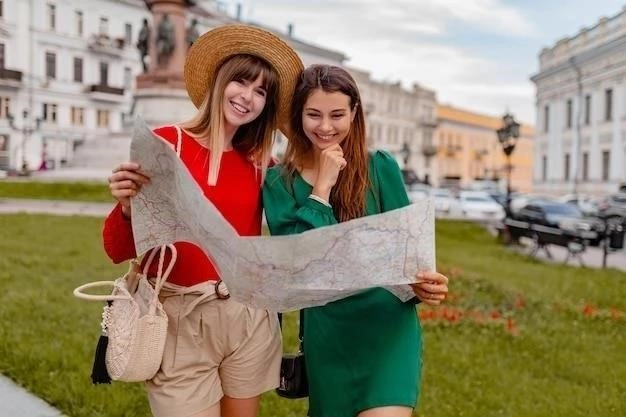
For those seeking heartier fare, Bulgarian cuisine doesn’t disappoint. “Kavarma,” a slow-cooked stew with tender meat, often lamb or pork, simmered with an aromatic blend of vegetables and herbs, embodies the country’s rustic charm. Another beloved dish, “banitsa,” a savory pastry made with flaky filo dough layered with cheese, spinach, or meat, offers a delightful start to the day or a satisfying snack. Complementing Bulgaria’s delectable cuisine is its rich tradition of winemaking. Blessed with diverse terroir and a long history of viticulture, Bulgaria produces an array of wines that have garnered international acclaim.
Festivals & Events
Bulgaria’s vibrant cultural tapestry comes alive through a rich calendar of festivals and events celebrated with infectious enthusiasm and time-honored traditions. From ancient pagan rituals to religious observances and modern music festivals, these celebrations offer a captivating glimpse into the heart and soul of Bulgarian culture.
One of the most iconic festivals is the Rose Festival, held annually in the heart of Bulgaria’s rose-growing region. This fragrant spectacle pays homage to the country’s renowned rose oil production, with parades, traditional dances, and the crowning of a Rose Queen. Another highlight is the Kukeri Festival, an ancient pagan tradition rooted in fertility rituals. During this vibrant celebration, elaborately costumed men, adorned with bells and intricate masks, perform ritualistic dances to ward off evil spirits and welcome spring.

Budget Tips
Bulgaria, with its affordability and welcoming atmosphere, is a destination that caters to budget-conscious travelers without compromising on authentic experiences. By embracing a few savvy travel tips, visitors can make their Bulgarian lev stretch further, allowing them to savor the country’s rich offerings without breaking the bank.
Accommodation in Bulgaria offers a range of options to suit every budget. While international hotel chains provide comfort and convenience, opting for locally-owned guesthouses (kashti) not only offers a more authentic experience but often comes at a fraction of the price. Similarly, when dining out, choosing traditional Bulgarian restaurants, known as “mehana,” over upscale establishments will reward travelers with delicious, home-style cuisine at local-friendly prices.
Safety & Health
Bulgaria is generally a safe and welcoming destination for travelers, with a low level of violent crime. However, as with any travel destination, it is prudent to exercise common sense and take necessary precautions to ensure a safe and enjoyable trip. When exploring urban areas, particularly at night, it is advisable to be aware of your surroundings and avoid displaying large amounts of cash or expensive jewelry. Petty theft, such as pickpocketing, can occur in crowded areas, so it’s wise to keep valuables secure and out of sight.
In terms of health, Bulgaria poses no major health risks for visitors. The tap water is generally safe to drink in urban areas, but if you prefer, bottled water is readily available. It is recommended to have travel insurance that covers medical expenses, including emergency evacuation, in case of unexpected illness or injury. Pharmacies are widely available in cities and towns, offering a range of over-the-counter medications.
Responsible Travel
As travelers, we have a shared responsibility to minimize our impact on the environment and contribute positively to the communities we visit. Embracing responsible travel practices not only helps preserve Bulgaria’s natural beauty and cultural heritage but also enhances the travel experience for both visitors and locals alike.
One of the simplest yet most effective ways to travel responsibly is to minimize waste. Bring a reusable water bottle and refill it from tap water or water fountains whenever possible, reducing the demand for single-use plastic bottles. Consider carrying a reusable bag for shopping, minimizing the use of plastic bags. When disposing of waste, utilize designated bins and recycling facilities whenever available.


